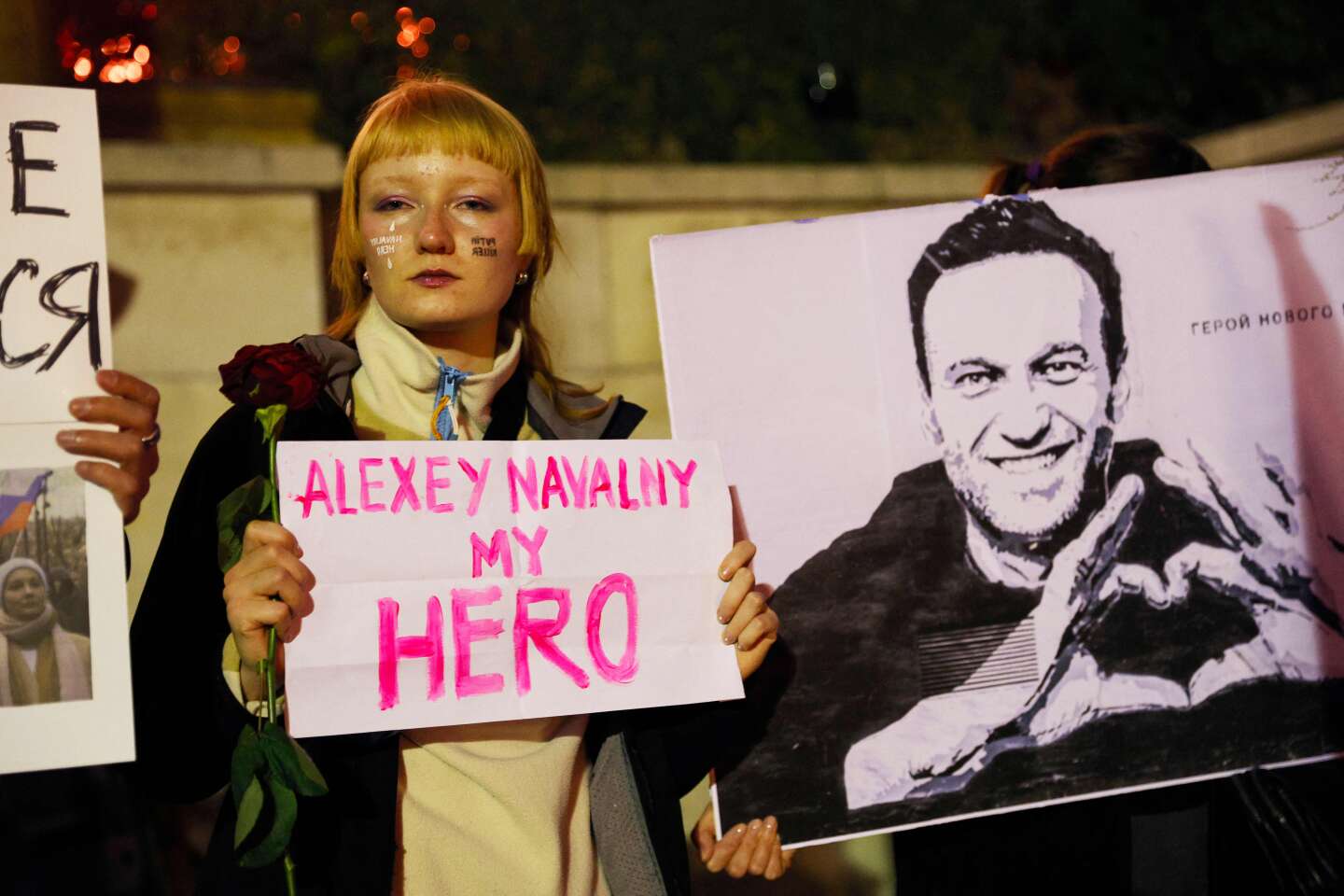


Against the advice of many activists at the Russian human rights organization Memorial, outraged by Alexei Navalny's xenophobic remarks castigating Caucasian "cockroaches" and calling for their "deportation," Arseni Roginski (1946-2017), its charismatic leader, decided on May 11, 2008, to invite Alexei Navalny to the 70th birthday celebration of the great lawyer Henri Reznik, Memorial's tireless defender. "Alexei will evolve, he's too intelligent, and fundamentally honest, to remain on such nauseating positions," said Arseni Roginski. He was not wrong.
Navalny started his political career in the year 2000, at the age of 24, in the small liberal-democratic Yabloko party. He died on February 16 at the age of 47 in an Arctic penal colony, in circumstances that will never be known, similar to those of many other political prisoners in Soviet camps. It brings to mind the death of the great dissident Anatoli Martchenko, who died at the age of 48 on December 8, 1986, after 11 years in detention. Navalny had a complex political career, fraught with pitfalls, paying the ultimate sacrifice in a country marked by confusion, radical social upheaval and a deep rejection of politics by wider society.
How do you wake up a population anesthetized by increasingly aggressive official propaganda in times of war, when nationalist passions are running riot? How do you lead them in the fight against the massive corruption at the very heart of the mafia-style operation of power, toward the establishment of the rule of law and democracy?
Navalny quickly realized that the Western-style liberalism espoused by Yabloko, a small party bringing together intellectuals and wealthy cultured circles in Moscow and St. Petersburg, was massively rejected by the people, traumatized by the economic catastrophe of the 1990s. He therefore decided to try and win popular support by tapping into the nationalist fibre of a population adrift, in search of a new identity and a new pride.
Popular support
In 2007, he founded the Russian National Liberation Movement, whose acronym, NAROD, means "the people." However, the movement lost its way and was consumed by the various kinds of nationalism embodied by groups ranging from skinheads to the notorious National-Bolshevik party of writer Eduard Limonov (1943-2020). This nationalism surfed on the xenophobia of the "little people" and their rejection of the "undesirables" from the former Soviet republics of the Caucasus and Central Asia who came to work and be exploited on the gigantic construction sites of Moscow, St. Petersburg and other major cities, as the economy was recovering from a decade-long recession.
You have 53.75% of this article left to read. The rest is for subscribers only.
